Recent warnings from key U.S. agencies highlight a growing threat to the nation’s energy sector, where even unsophisticated cyber actors are making dangerous inroads.
The United States’ energy infrastructure is the backbone of modern society, powering homes, businesses, and critical services. This vital sector is increasingly under siege—not just by elite hacker groups, but also by less sophisticated cyber actors who are finding ways to exploit vulnerabilities in industrial control systems (ICS) and supervisory control and data acquisition (SCADA) systems.
What’s Happening: A Surge in Cyber Threats
A joint alert issued by U.S. federal agencies including CISA, FBI, EPA, and DoE has warned of escalating cyberattacks targeting the energy sector. What makes this wave of attacks particularly alarming is that many are being carried out by adversaries with limited technical expertise.
Key Points from the Alert:
- Targeted Systems: Attackers are focusing on ICS and SCADA systems that control vital operations in energy facilities.
- Attack Methods: Even unsophisticated techniques are proving effective against poorly secured or outdated infrastructure.
- Potential Consequences: Disruption of critical energy services, financial loss, and potential threats to public safety.
Why Unsophisticated Actors Pose a Big Risk
While much attention is paid to advanced persistent threats (APTs) and state-sponsored hackers, these alerts make it clear that simpler attack methods can still inflict significant damage, especially when basic cybersecurity practices are lacking.
Some reasons why even unsophisticated attackers can succeed include:
- Legacy Systems: Many ICS/SCADA environments run on outdated hardware and software, lacking modern security measures.
- Insufficient Segmentation: Poorly segmented networks allow intruders to move laterally after breaching a single entry point.
- Default Credentials: Weak or unchanged default passwords are still common in industrial environments.
- Lack of Awareness: Employees may not be fully trained to recognize phishing attempts or social engineering tactics.
Proactive Steps for Securing the Energy Sector
Given these risks, it’s essential for organizations in the energy sector to take immediate action. Here are some practical recommendations:
- Update and Patch Systems Regularly: Ensure all software and hardware receive timely security updates.
- Enforce Strong Authentication: Replace default credentials with strong, unique passwords; implement multi-factor authentication where possible.
- Network Segmentation: Separate critical ICS/SCADA networks from business and internet-facing networks.
- Employee Training: Conduct regular cybersecurity awareness training for all staff.
- Incident Response Planning: Develop and regularly test response plans for various cyber incidents.
As digital transformation continues to reshape the energy sector, the attack surface expands—and so does the need for robust cybersecurity strategies. The fact that even unsophisticated attackers are making headway underscores the importance of securing every link in the chain.
For further reading on this topic, check out the original article here: https://securityaffairs.com/177551/security/unsophisticated-cyber-actors-are-targeting-the-u-s-energy-sector.html
Building Resilience Against Cyber Threats
Staying vigilant, proactive, and prepared is no longer optional—it’s essential for safeguarding our critical infrastructure against both advanced and basic cyber threats.
Organizations must prioritize basic cyber hygiene, employee education, and regular system updates to keep up with both sophisticated and unsophisticated adversaries. Proactive defense measures can make a substantial difference in reducing risk.
Ultimately, as threats continue to evolve, so too must our strategies for defending critical infrastructure—every link in the chain matters when it comes to national security.
By fostering a culture of security awareness and maintaining a layered approach to defense, the energy sector can better withstand both current and future threats.
Stay safe and cyber aware.


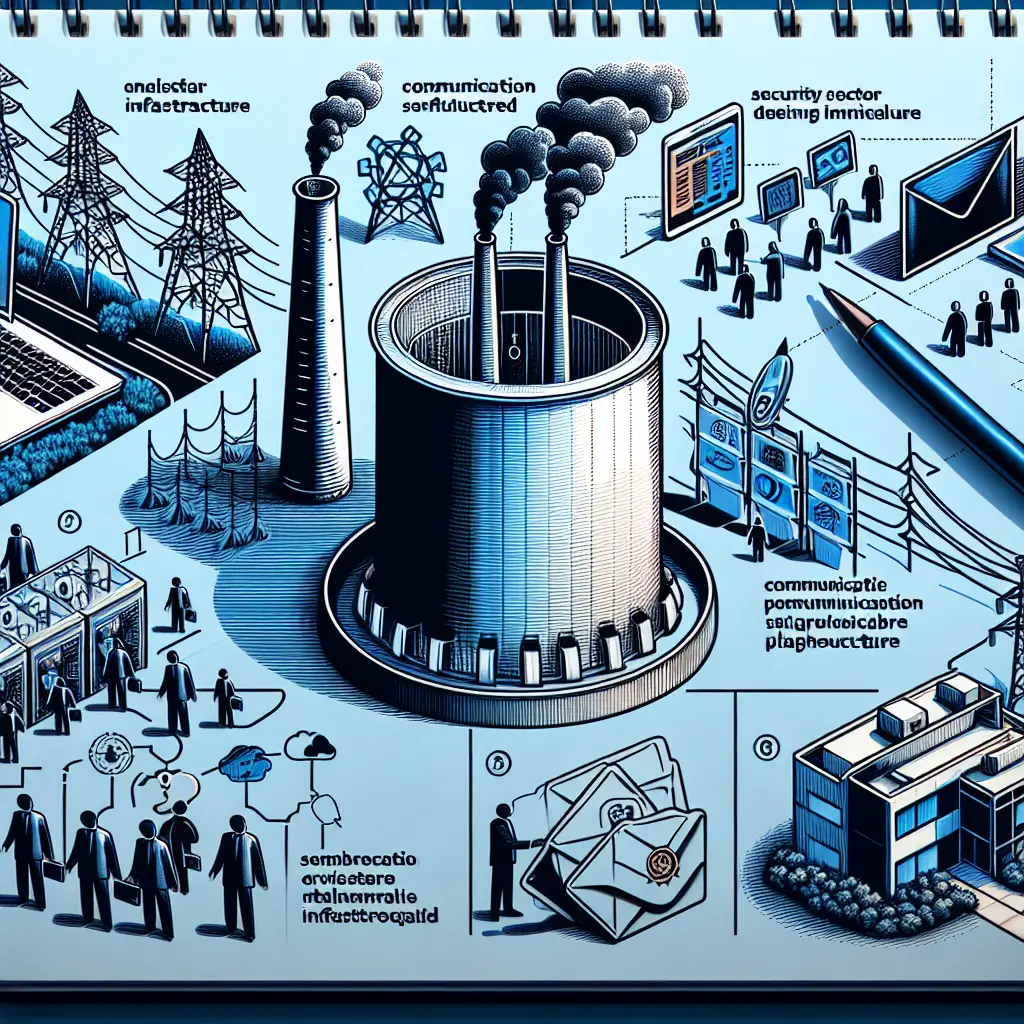

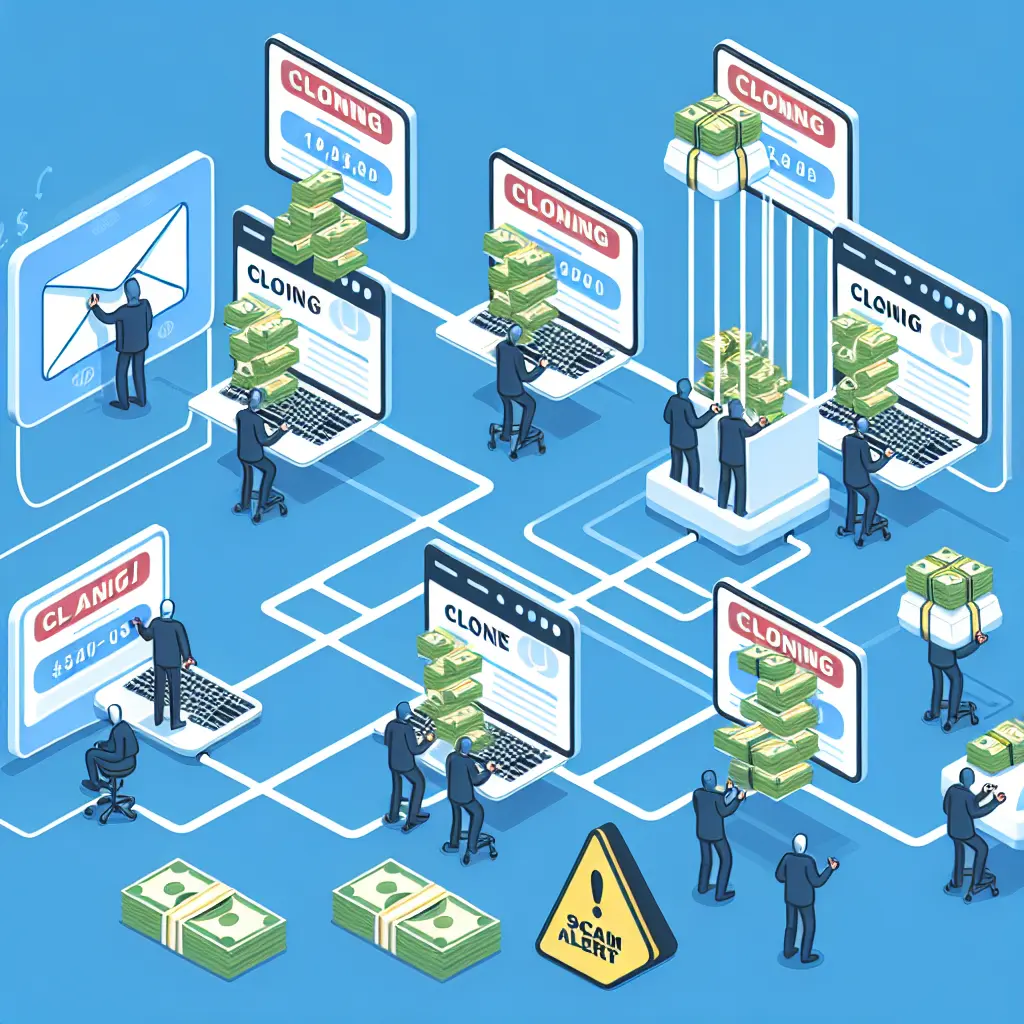
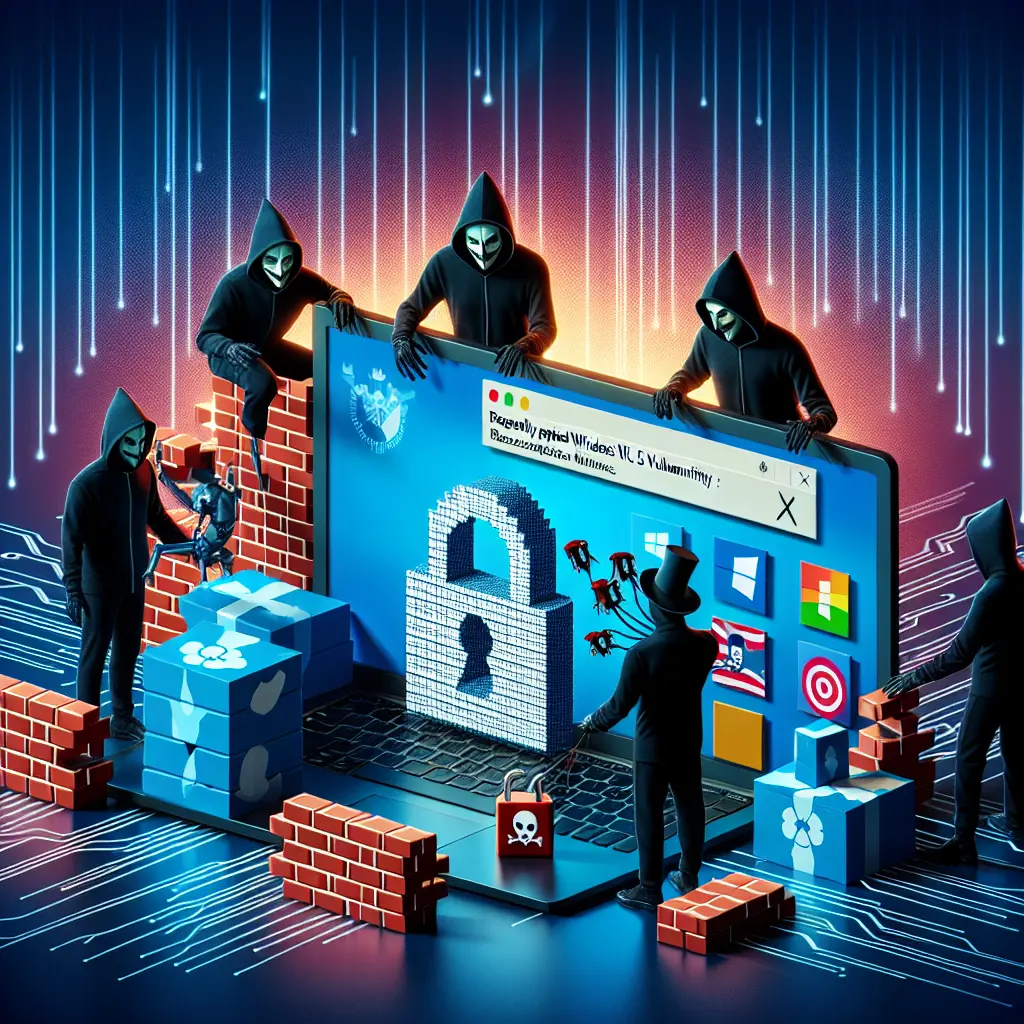

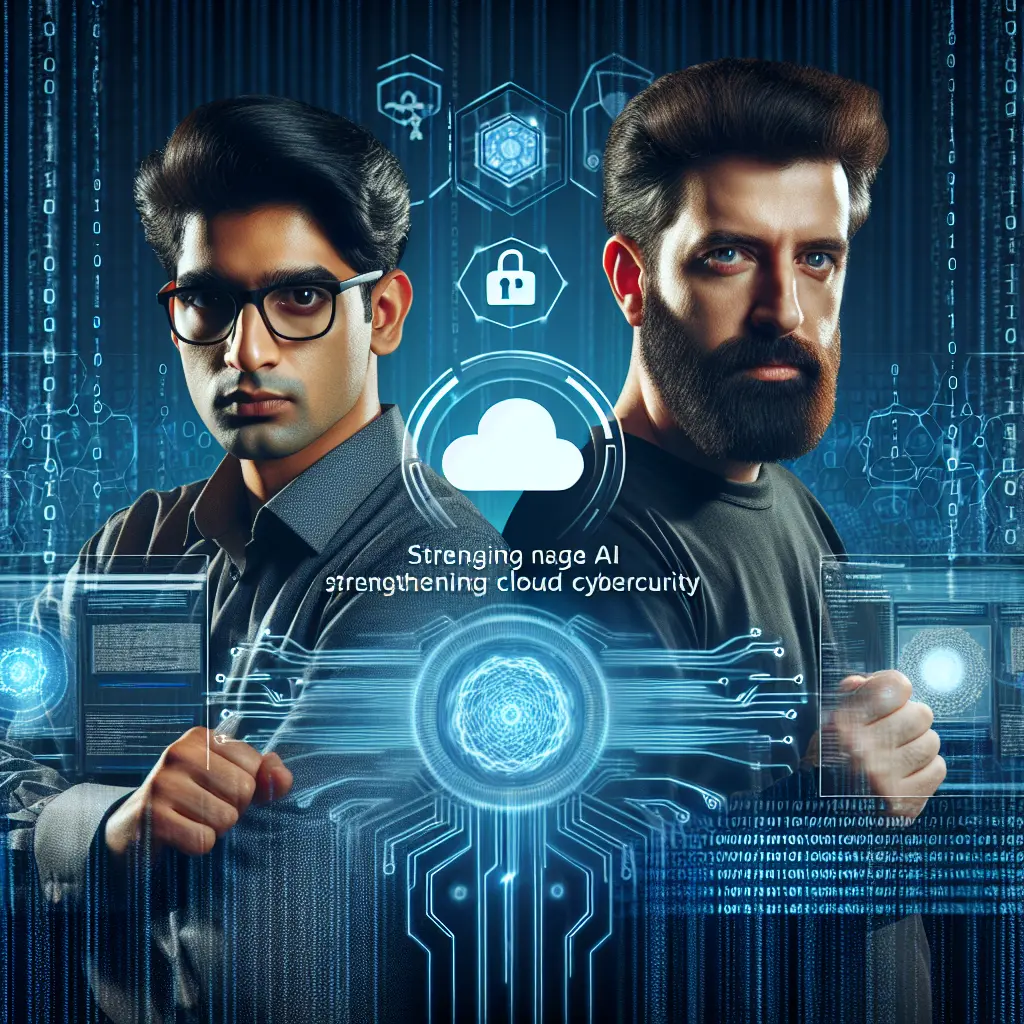
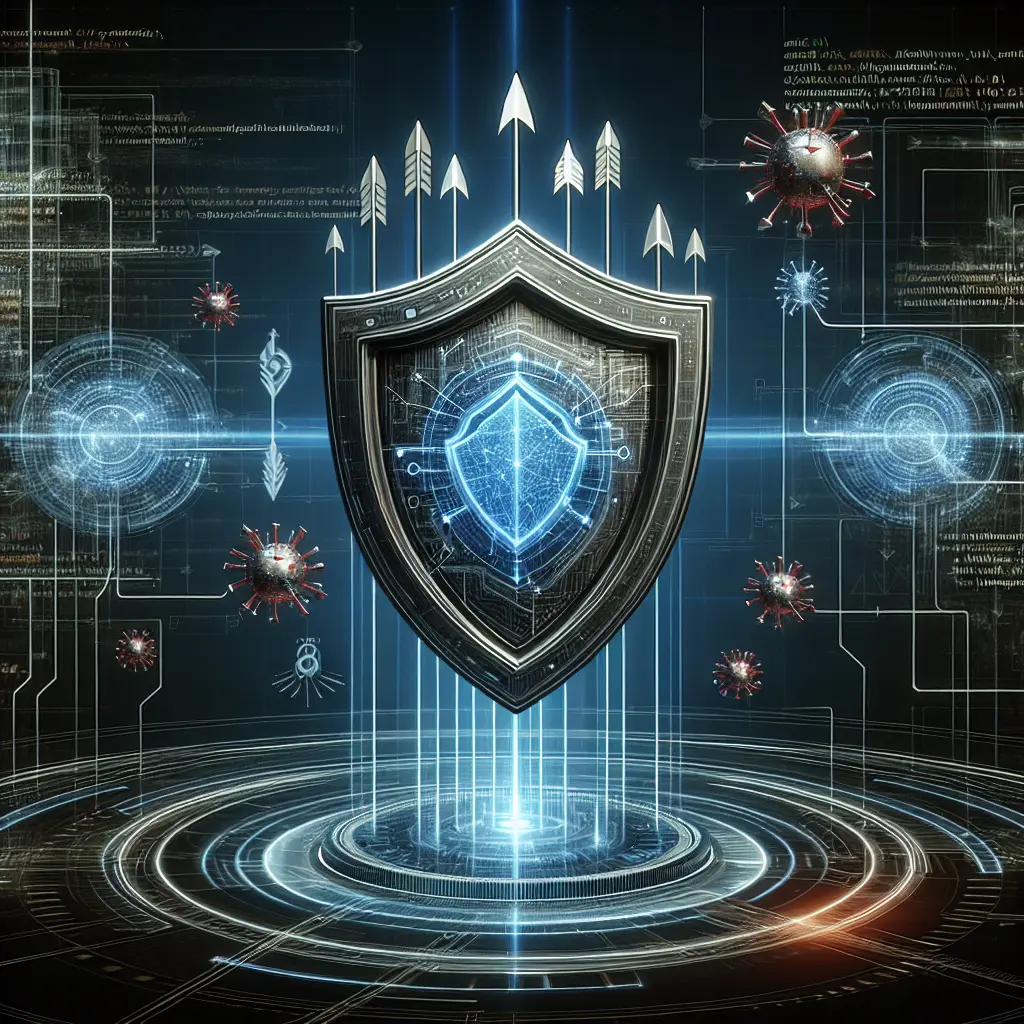
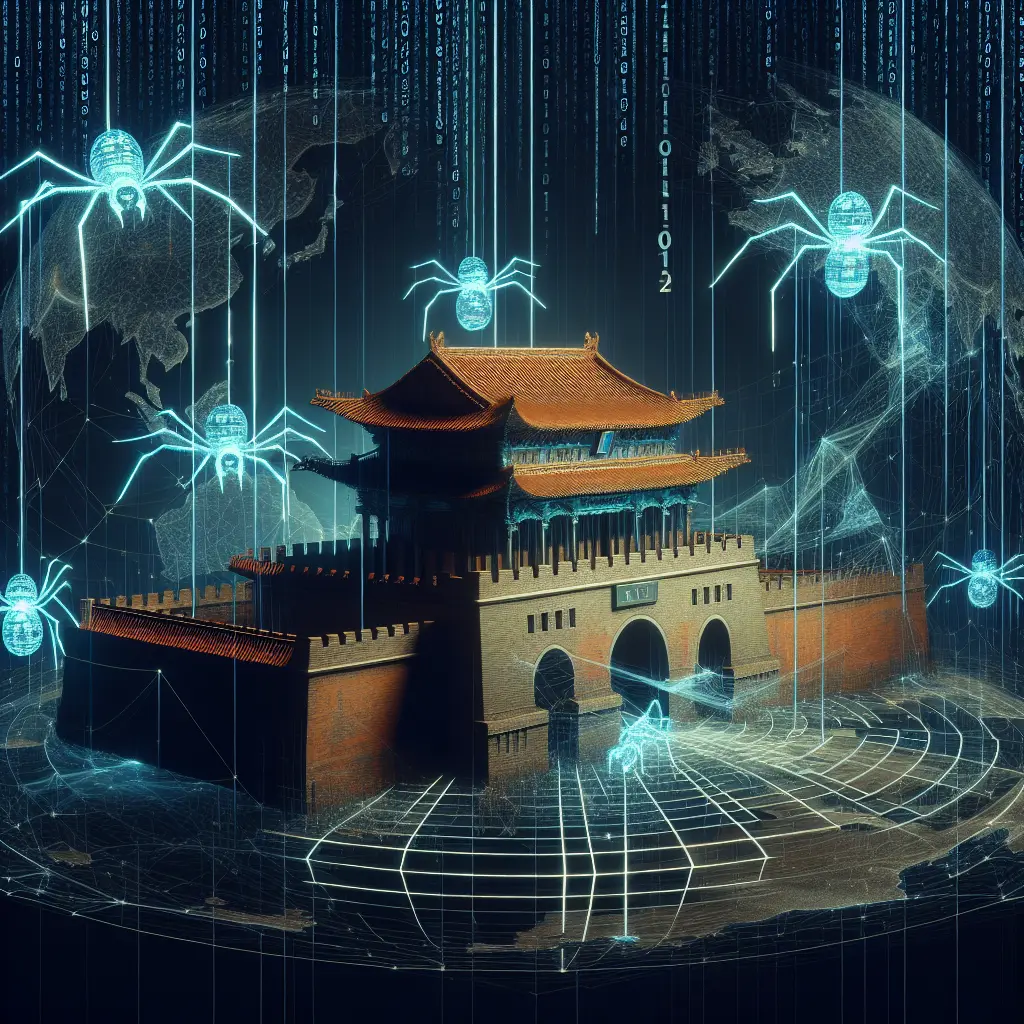
Leave a Comment